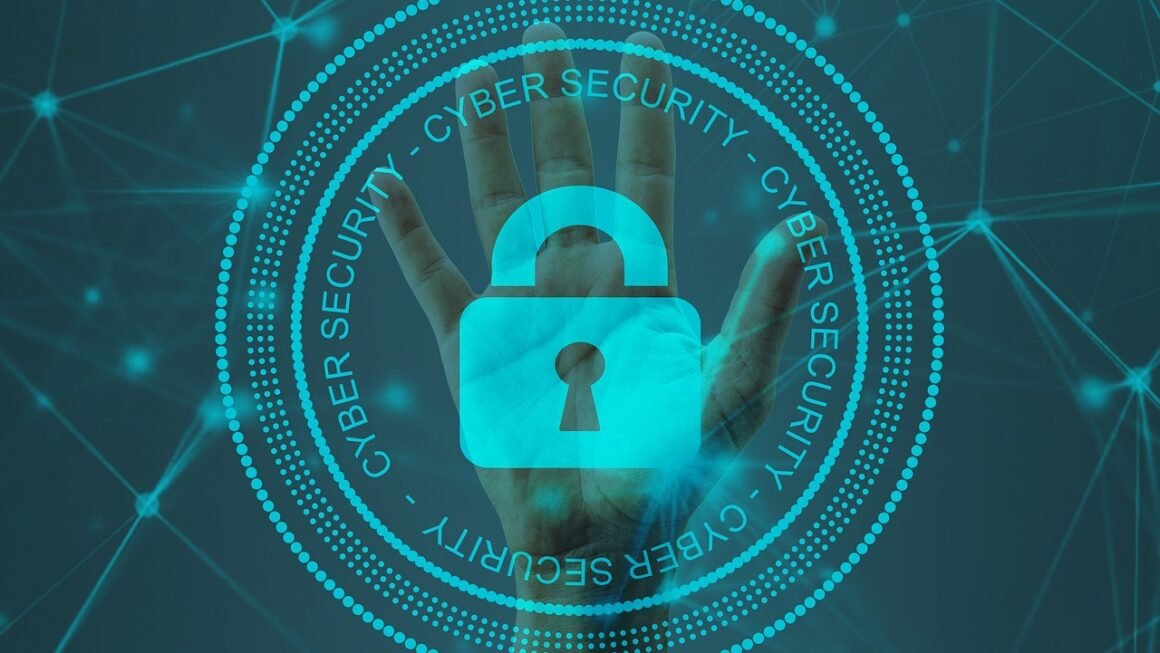A VPN, or Virtual Private Network, is no longer a tool solely for tech enthusiasts or those seeking clandestine online activity. In today’s increasingly connected and surveilled world, a VPN has become an essential tool for anyone who values online privacy, security, and freedom. From bypassing geographical restrictions to protecting your data on public Wi-Fi, a VPN offers a multitude of benefits. This comprehensive guide will delve into the world of VPNs, exploring their workings, benefits, and how to choose the right one for your needs.
What is a VPN and How Does it Work?
Understanding the Basics
A VPN, at its core, creates a secure, encrypted connection between your device and the internet. Think of it as a private tunnel that shields your online activity from prying eyes. When you connect to a VPN, your internet traffic is routed through a VPN server in a location of your choice. This masks your real IP address and encrypts your data, making it virtually unreadable to third parties.
The Encryption Process
- VPNs use various encryption protocols to secure your data. Common protocols include:
OpenVPN: A highly secure and open-source protocol. Widely regarded as one of the best options.
IKEv2/IPsec: Another secure and fast protocol, often used on mobile devices.
* WireGuard: A newer, faster, and more streamlined protocol gaining popularity.
- Encryption scrambles your data into an unreadable format, preventing hackers, ISPs (Internet Service Providers), and government agencies from intercepting and understanding your online activity.
Masking Your IP Address
Your IP (Internet Protocol) address is a unique identifier that reveals your approximate location and ISP. By routing your traffic through a VPN server, your real IP address is hidden, and the VPN server’s IP address is displayed instead. This makes it difficult to track your online activity back to you.
Why Use a VPN? Key Benefits and Applications
Enhanced Security on Public Wi-Fi
Public Wi-Fi networks, like those in coffee shops or airports, are notoriously insecure. Hackers can easily intercept unencrypted data transmitted over these networks. A VPN encrypts your data, protecting your sensitive information, such as passwords, credit card details, and personal communications, from being compromised.
- Example: Imagine checking your bank account on a public Wi-Fi network without a VPN. A hacker could potentially intercept your login credentials. With a VPN, your data is encrypted, making it nearly impossible for the hacker to decipher.
Bypassing Geo-Restrictions and Censorship
Many websites and streaming services restrict access based on your geographical location. A VPN allows you to bypass these restrictions by connecting to a server in a different country. This enables you to access content that would otherwise be unavailable in your region.
- Example: You’re traveling abroad and want to watch your favorite show on a streaming service that’s only available in your home country. By connecting to a VPN server in your home country, you can access the show as if you were still there.
Protecting Your Online Privacy
ISPs can track your browsing history and sell this data to advertisers. A VPN prevents your ISP from monitoring your online activity, safeguarding your privacy. While some ISPs claim to anonymize the data, a VPN offers a more robust and reliable solution.
- Data Retention Laws: Many countries have data retention laws that require ISPs to store your browsing history for a certain period. A VPN helps to circumvent this by encrypting your traffic and masking your IP address.
Secure File Sharing
When downloading torrents or sharing files online, your IP address is often visible to other users. Using a VPN hides your IP address, protecting you from potential legal issues related to copyright infringement or malicious attacks.
Preventing Price Discrimination
Some online retailers and airlines may adjust prices based on your location. By using a VPN to connect from a different country, you may be able to find better deals on flights, hotels, and other products.
Choosing the Right VPN: Key Considerations
Security and Encryption Protocols
- Strong Encryption: Ensure the VPN uses strong encryption protocols like AES-256.
- Protocol Options: Look for a VPN that offers a variety of protocols (OpenVPN, IKEv2/IPsec, WireGuard) so you can choose the best option for your needs.
- Kill Switch: A kill switch automatically disconnects your internet connection if the VPN connection drops, preventing your data from being exposed.
Logging Policy
- No-Logs Policy: Choose a VPN with a strict no-logs policy, meaning it doesn’t track or store your browsing history, IP address, or other sensitive information.
- Third-Party Audits: Look for VPNs that have undergone independent audits to verify their no-logs policy.
Server Locations and Speed
- Wide Server Network: A VPN with a large network of servers in various locations offers more flexibility and allows you to bypass geo-restrictions more effectively.
- Fast Connection Speeds: Choose a VPN that provides fast and reliable connection speeds to avoid buffering or lag while streaming or browsing.
User-Friendliness and Customer Support
- Easy-to-Use Interface: The VPN app should be intuitive and easy to navigate, even for beginners.
- Responsive Customer Support: Look for a VPN that offers responsive customer support via live chat, email, or phone.
Price and Subscription Plans
- Compare Pricing: Compare the prices of different VPN providers and choose a plan that fits your budget.
- Free vs. Paid VPNs: While free VPNs may seem appealing, they often come with limitations, such as slower speeds, limited server locations, and potential privacy risks. Paid VPNs typically offer better security, performance, and support.
- Money-Back Guarantee: Look for VPNs that offer a money-back guarantee, allowing you to try the service risk-free.
Setting Up and Using a VPN
Installation and Configuration
Practical Tips for VPN Usage
- Choose the Right Server: Select a server location that is close to your actual location for faster speeds, or choose a server in a specific country to bypass geo-restrictions.
- Enable the Kill Switch: Make sure the kill switch is enabled to protect your data in case the VPN connection drops.
- Use a Strong Password: Use a strong and unique password for your VPN account.
- Update the App Regularly: Keep the VPN app updated to ensure you have the latest security patches and features.
- Test Your Connection: Regularly test your VPN connection to ensure it is working properly.
- Split Tunneling: Some VPNs offer split tunneling, which allows you to choose which apps or websites use the VPN connection and which use your regular internet connection. This can improve performance and save bandwidth.
Conclusion
A VPN is a powerful tool that can enhance your online security, privacy, and freedom. By understanding how VPNs work and considering the key factors when choosing a provider, you can make an informed decision and protect yourself from the growing threats online. Whether you’re concerned about data breaches, censorship, or simply want to browse the internet with greater peace of mind, a VPN is an investment in your digital well-being. Take the time to research and select a VPN that meets your specific needs and enjoy a safer, more private, and unrestricted online experience.



